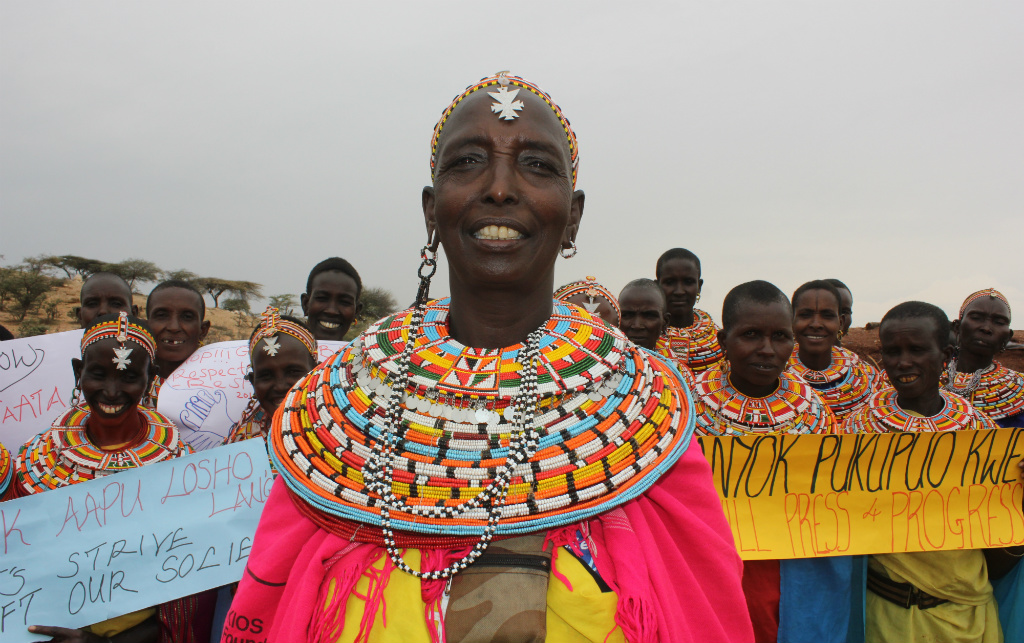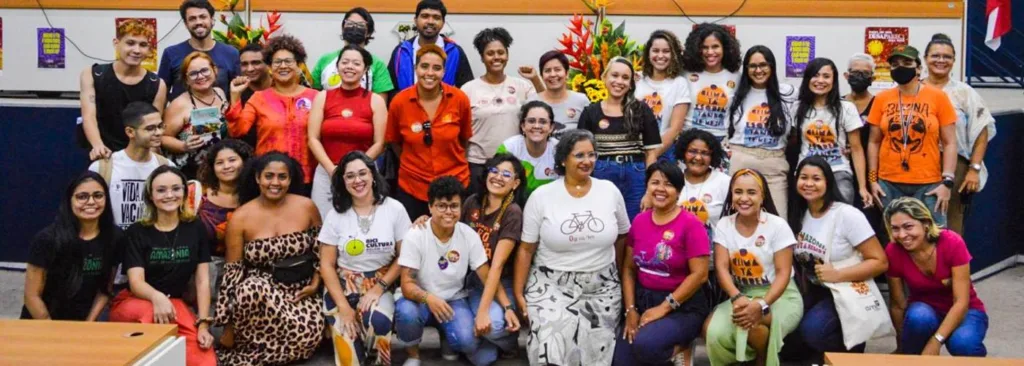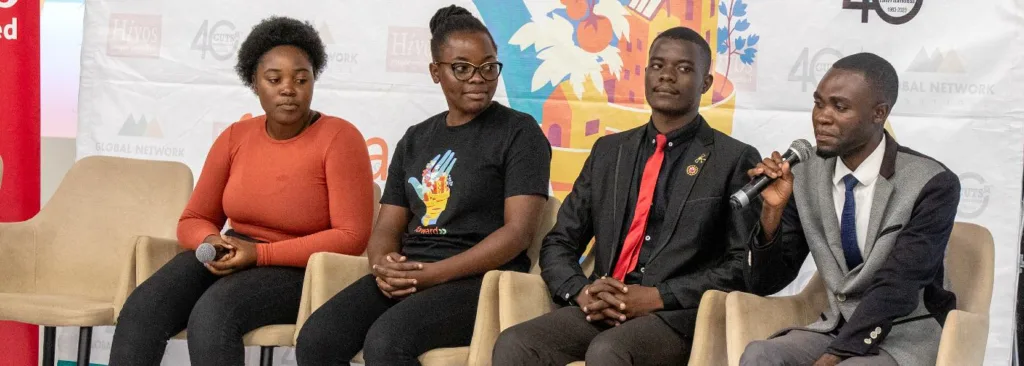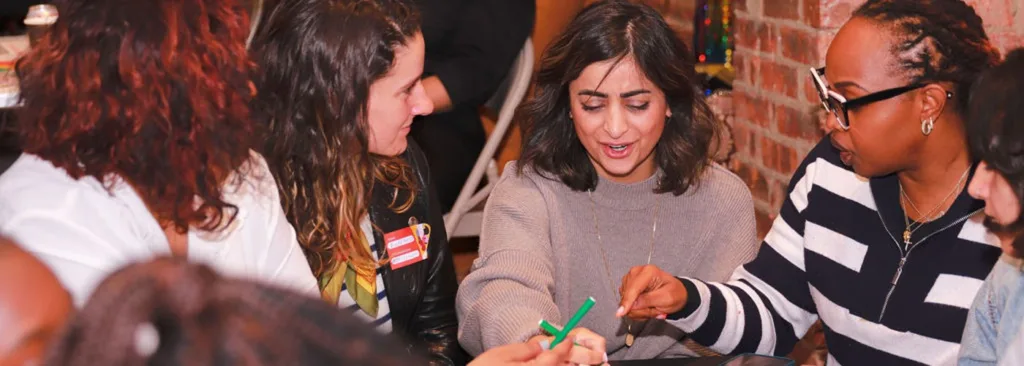During the week of 8 March – International women’s Day – Hivos is sharing stories of some of the amazing and powerful women we support worldwide. This year’s theme is: “Rural and urban activists transforming women’s lives”.
The Samburu tribe is a proud cattle-keeping community in Kenya widely known for their colourful dress and cultural traditions. ‘Samburu’ means butterfly in English. Yet this fancy-free creature also describes a community where the women mostly stay at home, raise children and depend on their husband’s income to run the household.
#TimeIsNow to put a spotlight on bold Samburu women
Some brave women in the Samburu community are now defying these odds, resolved to overcome cultural norms and practices harmful to women, but they rarely get the chance to be celebrated.
That’s why this year on International Women’s Day, Hivos East Africa wants to put a spotlight on Salantei Leburkash – a bold champion of advancing education within her community.
‘’I am inspired by families leading revolutionary change by giving their children the right to education,’’ she says.
A “run-away mum”
Appalled at how her own children struggled with their father (her husband) for respect within the family and permission to go to school, she became in her words a “run-away mum” who only did what she thought was right. That was to ensure her children would get the best in life.
Now 62 years old, Salantei’s story began when as a young wife she took her two sons away from their father and built a ‘manyatta’ (enclosure or encampment) to give them a home. In a patriarchal community where women do not own land, this was a significant milestone. Salantei thus became a role model who would pave the way towards a better future for generations to come.
Samburu Women’s Trust and Hivos
Her resolve was partly bolstered by the Samburu Women’s Trust, a Hivos East Africa partner she forged an alliance with to fight cultural practices within the Samburu tribe that subjugate women. Salantei also received training that helped her earn an income to provide for herself and her children.
In the end, she became a leader in her community. Salantei always stresses the importance of information and education to other women. She is an instrumental mentor to young girls and has formed women’s savings groups that make a living through beadwork.
Supported by Hivos East Africa and Oxfam Novib through the Voice Programme, the Samburu Women’s Trust amplifies the voices of the most marginalised groups in East Africa so they can play a leading role in transforming their societies.
Hivos believes that all women and girls should have control over their lives and be able to actively participate in society, politics and the economy. We partner with frontrunners of change and social justice who fight for women’s rights and against discrimination and sexual and domestic violence.






